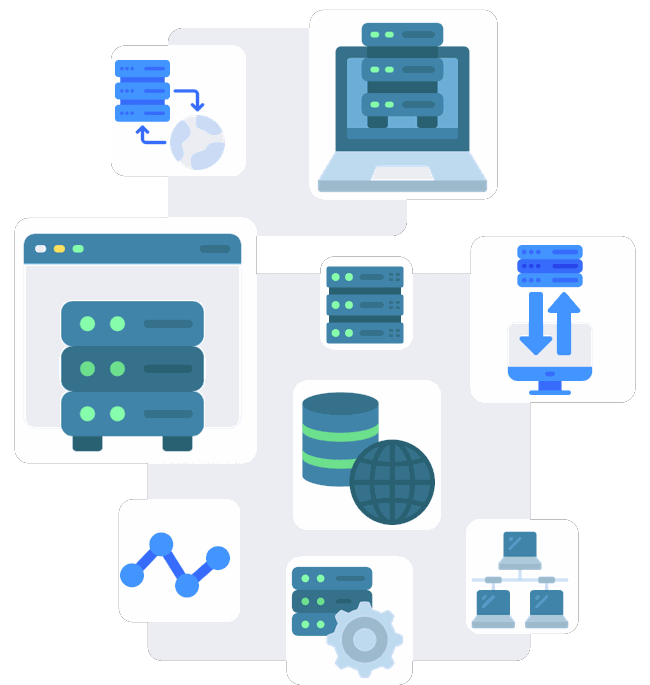FastAPI
FastAPI is a high-performance web framework for building APIs with Python 3.6+, based on standard Python types. It is designed for creating reliable and modern web applications with a focus on simplicity and performance.

Available specialists
Technical aspects and capabilities of FastAPI
Asynchrony
FastAPI supports asynchronous programming using the async/await keywords. This allows efficient handling of I/O operations, such as accessing databases or third-party APIs.
Typing
FastAPI uses standard Python type annotations for request validation and response formation. This provides automatic data checking and documentation generation.
Automatic documentation
Thanks to the use of type annotations and other features of FastAPI, documentation pages are automatically generated (using tools such as Swagger UI and ReDoc).
Dependencies
FastAPI allows creating dependencies that can be reused in different parts of the application. This is useful for operations that need to be performed before request processing (e.g., authentication).
Security
FastAPI has built-in tools for dealing with authentication, authorization, and other aspects of security.
Test coverage
The framework facilitates testing due to its dependencies and support for Starlette testing.
OAuth2 and JWT Support
FastAPI has tools for working with OAuth2 and JSON Web Tokens (JWT) "out of the box".
Custom response codes
You can easily determine which HTTP response code should be sent for each operation.
Models and ORM
Although FastAPI can work with any ORM, it is ideally integrated with Pydantic for defining models and with Tortoise-ORM or SQLAlchemy for interacting with databases.
Extendability
FastAPI is based on standard Python types and has a modular structure, which makes it flexible and extendable.
Difficulties of working with FastAPI
Adaptation to asynchrony
- Knowledge of asynchronous methods and functions, as well as features of their use, is required.
- Not all libraries support asynchrony, which can cause problems with integration.
- Incorrect implementation can cause problems with locks and slowdowns.
Integration with non-asynchronous libraries
When integrating FastAPI with non-asynchronous libraries, the following problems may arise:
- Possibility of blocking the main thread of execution, which will worsen the performance of the application.
- The need to search or create asynchronous alternatives to existing libraries.
- Difficulties in using threads or processes to bypass this problem.
Migration issues from other frameworks
Migrating to FastAPI from other frameworks can cause a number of problems related to differences in architecture, methods, and approaches to solving tasks, namely:
- The need for a complete or partial rewrite of the code.
- Changes in the database structure or methods of accessing them.
- Differences in error and exception handling.
- The need to adapt the infrastructure and development tools to the new framework.
Contact Us
If you are ready to learn more about how our expertise in FastAPI can become your strategic advantage, leave us a message. We are eagerly looking forward to the opportunity to work with you!
Let's get started
Please leave your contacts, and we will get in touch with you within one business day.

